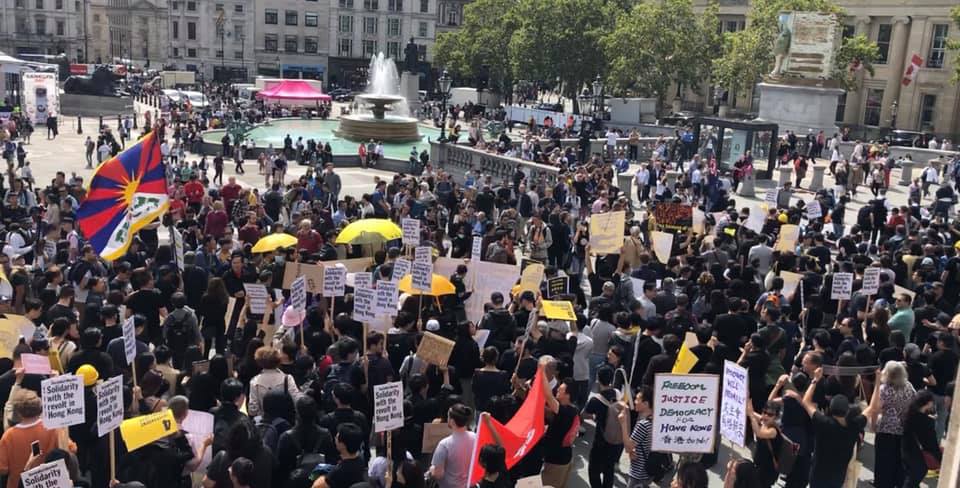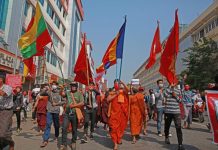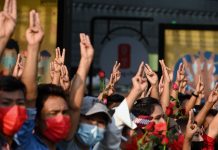
Hong Kong has formally withdrawn the extradition bill that caused controversy and sparked the on-going protests in the territory.
The Hong Kong legislature has issued a formal withdrawal of the extradition bill, which would have allowed for criminal suspects to be extradited to mainland China, sparking people's outrage in April.
After hundreds of thousands of protesters took to the streets of Hong Kong, Chief Executive Carrie Lam Cheng Yuet-ngor decided to suspend the bill. However, the protests have continued and eventually became a broader pro-democracy movement.
The protest crisis has been the worst of its kind for Hong Kong since it was handed back to China in 1997. Chinese leaders also view the movement as a challenge to their authority, branding the protesters as dangerous separatists and accused foreign nations of providing support to them.
According to critics, the extradition law could potentially subject people to arbitrary detention and unfair trials. The formal withdrawal of the bill is only one of the five key demands of the protesters.
The other demands are: for the protests to not be characterized as a "riot", amnesty for arrested protesters, an independent inquiry into alleged police brutality, and implementation of complete universal suffrage. Carrie Lam claimed that the other demands are beyond her control.
A 27-year-old protester named Connie described the withdrawal of the bill as "too little, too late". She said: "There are still other demands the government needs to meet, especially the problem of police brutality."
On October 1, an 18-year-old was shot by police in the chest during Anti-Chinese demonstrations in Hong Kong as China celebrates its 70th anniversary. Videos of the shooting incident revealed that the protesters were using umbrellas and metal poles as they attack the police, one of whom discharged his weapon, while another video showed the injured protester, a student, lying on the ground saying “Send me to hospital. My chest is hurting, I need to go to hospital.”






